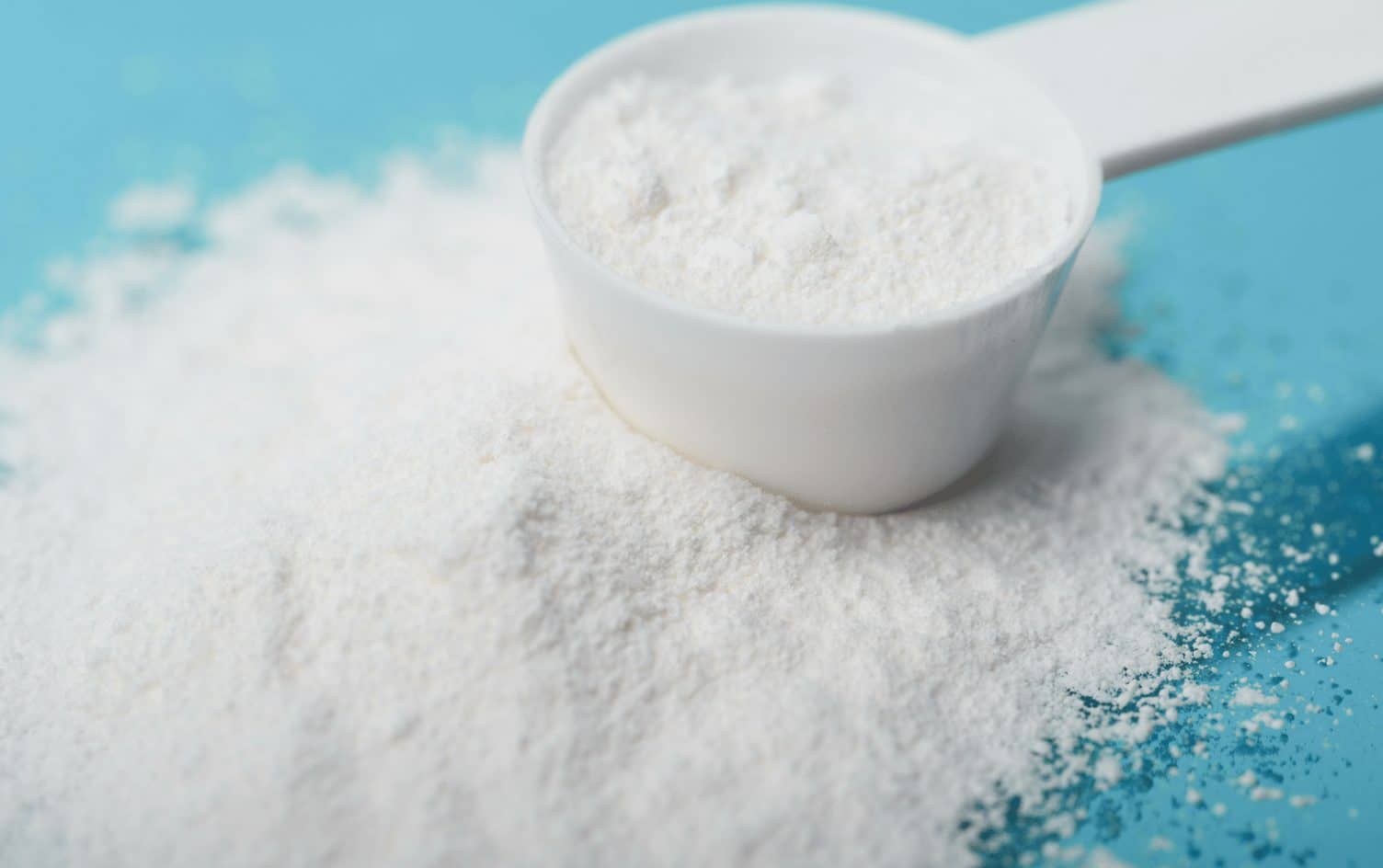It can feel like there’s always a new must-have supplement for optimal health, especially for people who are working out regularly or trying to lose weight. The latest to get some buzz is magnesium. Its touted benefits range from better sleep to fewer muscle aches and pains to reduced anxiety. While research hasn’t conclusively confirmed all of these benefits, it’s undeniable that everyone needs a decent amount of magnesium in their diet.
“Magnesium is a mineral that is involved in hundreds of physiological functions in your body,” explains Dan DeFigio, a certified personal trainer and sports nutrition counselor in Nashville, Tennessee. In other words, you really need it. “Magnesium is essential for muscular contractions, regulating blood pressure, insulin metabolism and nerve transmission,” he adds. Perhaps most significantly for anyone active, magnesium is also crucial for making adenosine triphosphate (ATP), which DeFigio calls the “gasoline” that fuels muscular contractions. In short, ATP is what gives your muscles the energy to move, so whether you’re a runner, walker or weightlifter, you’ll want to make sure you’re getting enough of this essential mineral.

The reason magnesium is so popular at the moment is pretty simple: “Magnesium deficiency in both active and non-active adults is thought to be relatively common in the U.S.,” says Victoria Lindsay, a registered dietitian in Washington, D.C. “Several studies have shown that dietary intakes of magnesium in American adults consistently falls below the recommended amount for men and women.” Since so many people are deficient, it’s only natural for there to be an interest in supplementation.
Plus, there’s the fact that magnesium supplementation beyond what’s usually needed may have additional health benefits. “There has been some research to indicate that people suffering from depression or anxiety may benefit from additional magnesium to help them reduce stress and/or increase sleep, and I’ve had clients use this instead of melatonin as a natural sleep aid,” Lindsay says. “I think that part of the reason magnesium is so big right now is due to precisely that effect. In a world where most of us are on the go, have hectic lifestyles, and are constantly exposed to information and stimulation via the internet or social media, it’s easy to find yourself more anxious and stressed out. On top of that, I think that the average American diet of heavily processed foods, (which are devoid of magnesium), can exacerbate that. Therefore, working to increase the body’s magnesium levels via whole magnesium-rich foods and supplements when needed could potentially help manage a person’s stress and anxiety.”

Figuring out if you’re actually magnesium deficient can be tricky. “Magnesium testing is not readily available,” says Marie Spano, RD, a sports nutritionist and co-editor of “NSCA’s Guide to Sport and Exercise Nutrition.” “If you go to your doctor, chances are they won’t know where to order that test. Also, some of the tests are not accurate ways to measure magnesium status in the body.” The only way you can really find out if you’re getting enough of the stuff is to evaluate your diet.
If you’re meeting your recommended daily intake based on your age and life stage, then you’re probably good to go. If you’re not, the first thing you can do is try to adjust your diet to include magnesium-rich foods like spinach, almonds, avocados and dark chocolate — although this approach may not work for everyone depending on location. “Whole foods are almost always preferred, but the problem here is that the mineral content of grains and vegetables is strongly dependent on the soil in which they were grown,” DeFigio notes. “So when you talk about whether a food is high in magnesium or not, it really depends on the soil.” The soil in the U.S. is known to be depleted of magnesium, which is why lots of people opt for a supplement or a multivitamin that contains magnesium.
One other group of people who may want to consider supplementation is very active people, or those who work out most days of the week. “Magnesium needs may be higher in very active individuals due to mineral losses via sweat and urine,” Lindsay explains. This is most likely why the fitness community has latched on to the supplement so strongly, with trainers and dietitians often advocating for eating more magnesium-rich foods, oral supplementation and Epsom salt baths (which are largely made up of magnesium that can be absorbed through the skin.)

If you determine you need to take a magnesium supplement, know that they’re not all created equal. Take a walk down the supplement aisle at your local health food store and you’ll find many different forms of the stuff. “It’s believed that magnesium in citrate, chelate and chloride forms are absorbed better than magnesium supplements in oxide and sulfate form,” says Amy Goodson, RD, a board certified specialist in sports dietetics. “Chelated, though likely a little more expensive, is probably one of the best options.”
READ MORE > (ALMOST EDIBLE) HOMEMADE BATH SALTS
Lastly, it may be worth trying to absorb some of the mineral through your skin, particularly if you’re taking it for muscle soreness or stress relief. “Because magnesium can cause gastrointestinal distress, it has been postulated that transdermal magnesium supplementation (i.e., soaking in an Epsom salt bath or using creams with magnesium in them) can bypass the GI tract and help someone increase their magnesium levels without the side effect of diarrhea,” Lindsay explains. “A recent review of this type of magnesium supplementation shows that there could be some promise to transdermal magnesium supplementation, but at this point in time, there’s no reason to recommend that over oral magnesium supplementation.” Whichever method you choose, experts say it’s best to try a new supplement under the supervision of a dietitian or your doctor.




